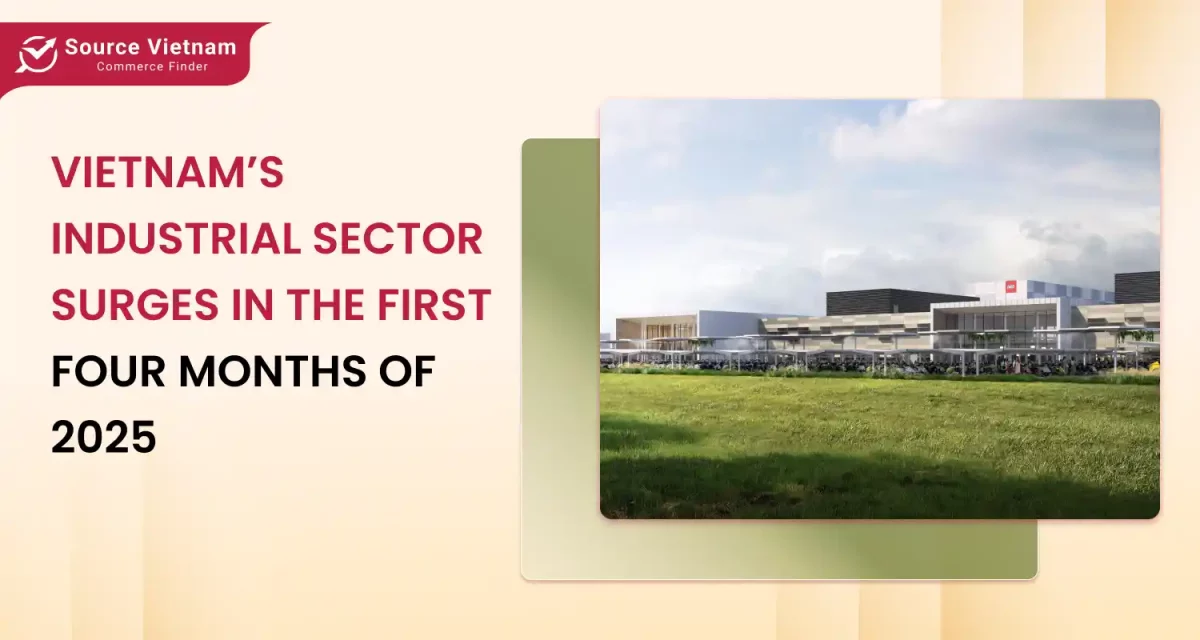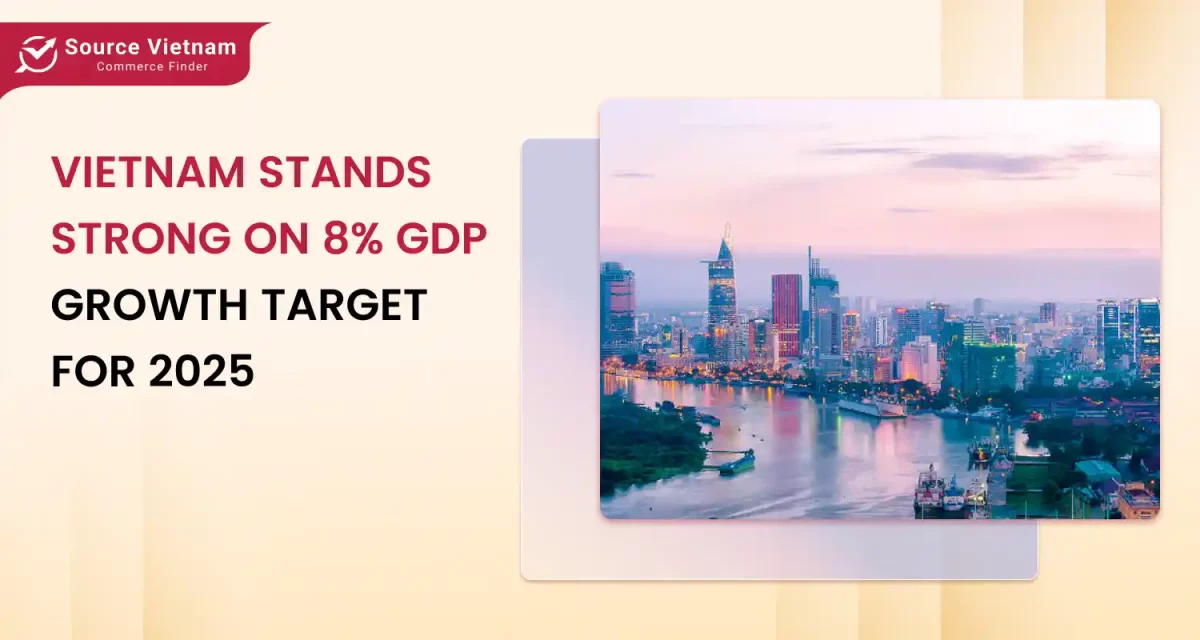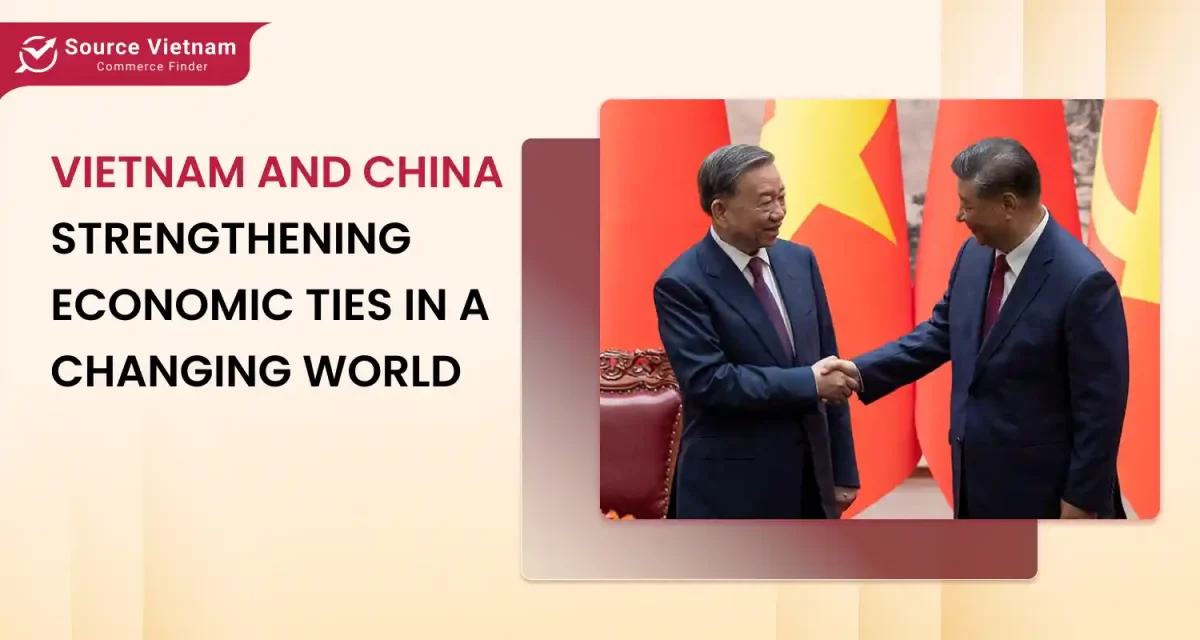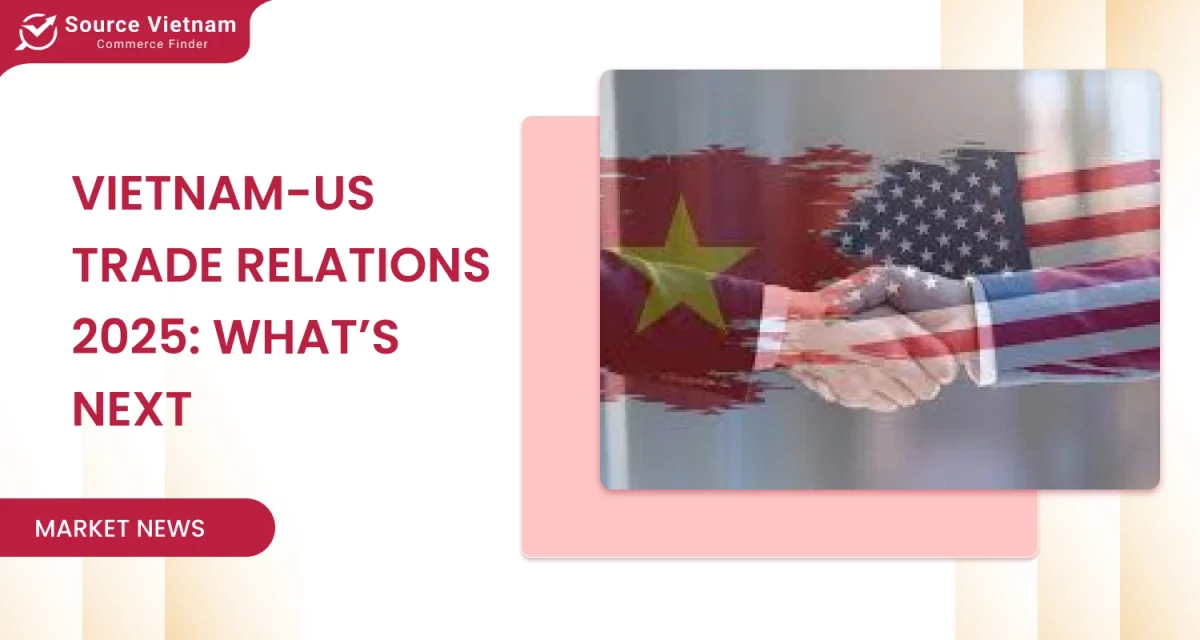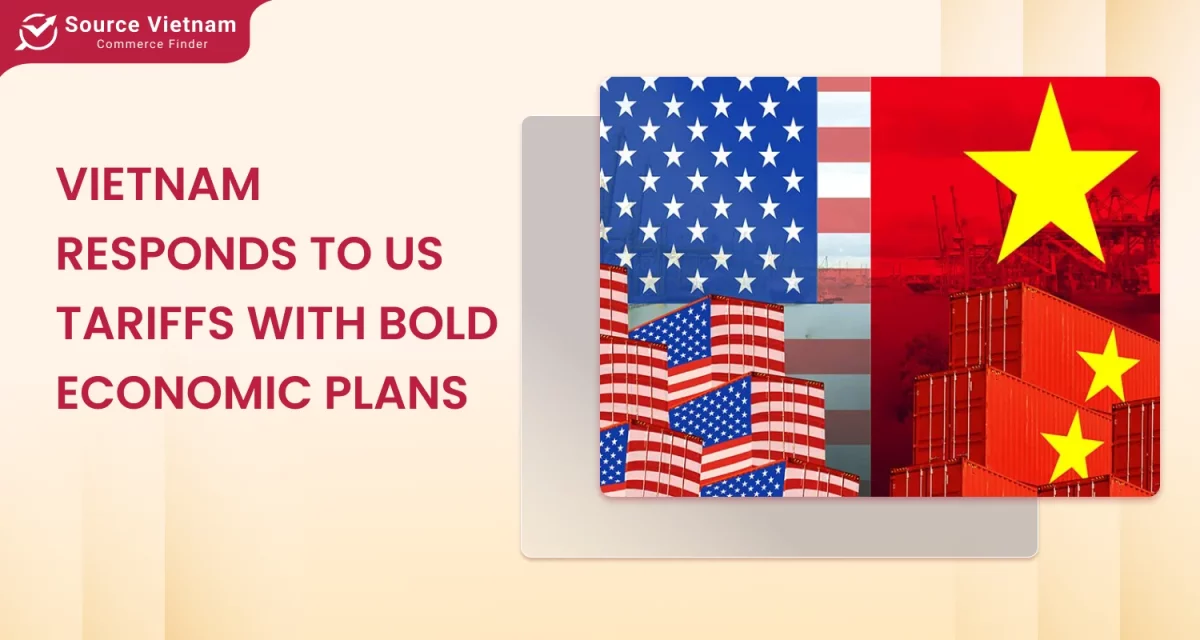Vietnam strengthens trade and tech links with Guangdong, focusing on digital transformation, clean energy, and joint development in key industries.
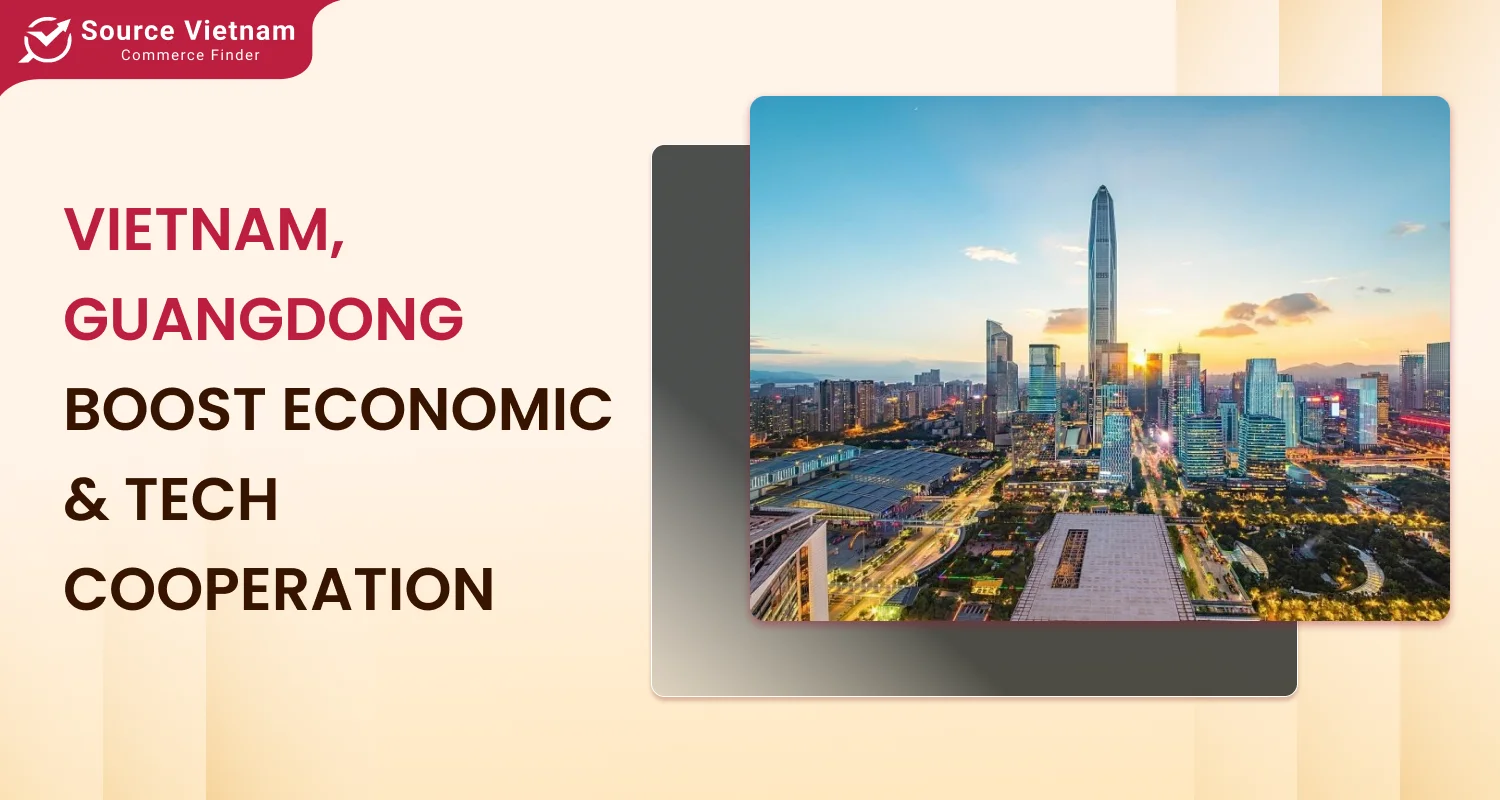
On April 28, 2025, Vietnam and Guangdong officials met to boost economic and tech collaboration, focusing on Fourth Industrial Revolution sectors. With the Greater Bay Area contributing 11% to China’s GDP, both sides aim to develop joint industrial zones and enhance trade and supply chains.
Vietnam wants stronger economic ties with China’s Greater Bay Area. This region includes Guangdong, Hong Kong, and Macao. It’s a key hub for trade and technology. On April 28, 2025, Vietnam’s Deputy Minister of Finance, Nguyễn Đức Tâm, met with Zhu Wei. Zhu is the Deputy Director of the Guangdong provincial Development and Reform Commission. They discussed ways to deepen trade and investment. Vietnam sees big potential in this partnership. This article explains their talks and plans for cooperation.
Meeting for stronger ties
The meeting took place in Hà Nội. Nguyễn Đức Tâm welcomed Zhu Wei and his team. The team was from the Guangdong-Hong Kong-Macao Greater Bay Area Office. They aimed to boost economic and trade links. Tâm praised their goodwill. He liked their ideas for collaboration. These include joint industrial parks and stronger supply chains between Vietnam and China.
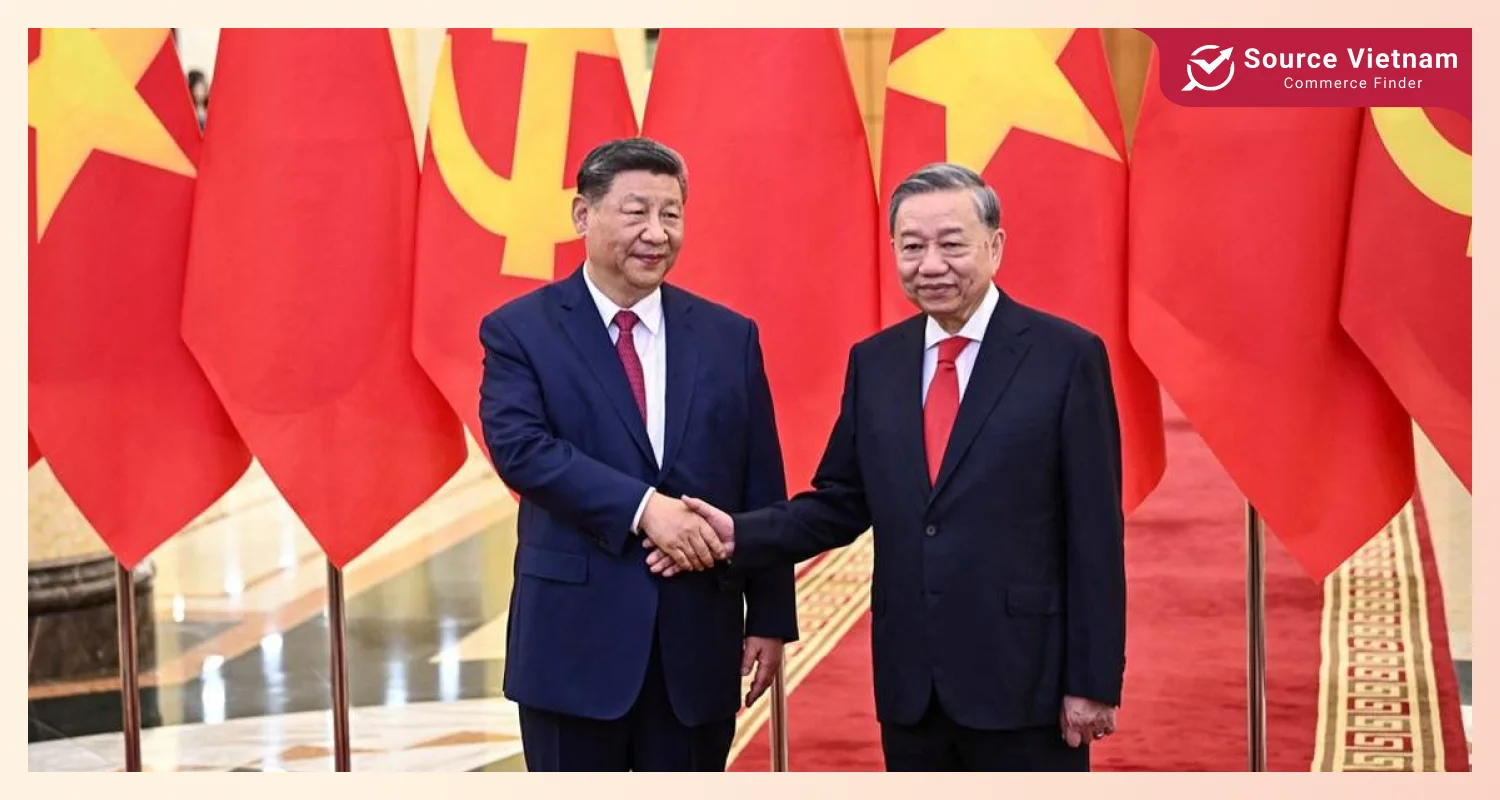
Tâm said Vietnam values the Greater Bay Area. It’s a key partner for growth. He highlighted areas for cooperation. These are based on Fourth Industrial Revolution technologies. They include ICT, digital technology, and nanotechnology. Other areas are biotechnology, new materials, and pharmaceuticals. Vietnam also wants to work on high-tech agriculture, environmental technology, and clean energy.
Vietnam and Guangdong’s long connection
Guangdong has strong ties with Vietnam. Several Guangdong cities are twinned with Vietnamese provinces. This builds trust and cooperation. For years, Vietnam has promoted trade and investment in Guangdong. Tâm noted this history. He said it shows great potential for more collaboration. Vietnamese businesses see Guangdong as a gateway to China’s market. Products like Vietnamese durians are popular there.
Tâm listed key areas for deeper ties. These include joint industrial zones and agricultural trade. He also mentioned infrastructure, especially railways. Science, technology, and digital transformation are priorities too. Vietnam wants to learn from the Greater Bay Area’s success. This will help both sides grow.
The greater bay area’s role
Zhu Wei shared details about the Greater Bay Area. It’s a major part of China’s growth plan. The region contributes 11% of China’s GDP. It’s a hub for innovation and technology. Zhu said the Bay Area boosts China’s global competitiveness. It focuses on economic and technological advances.
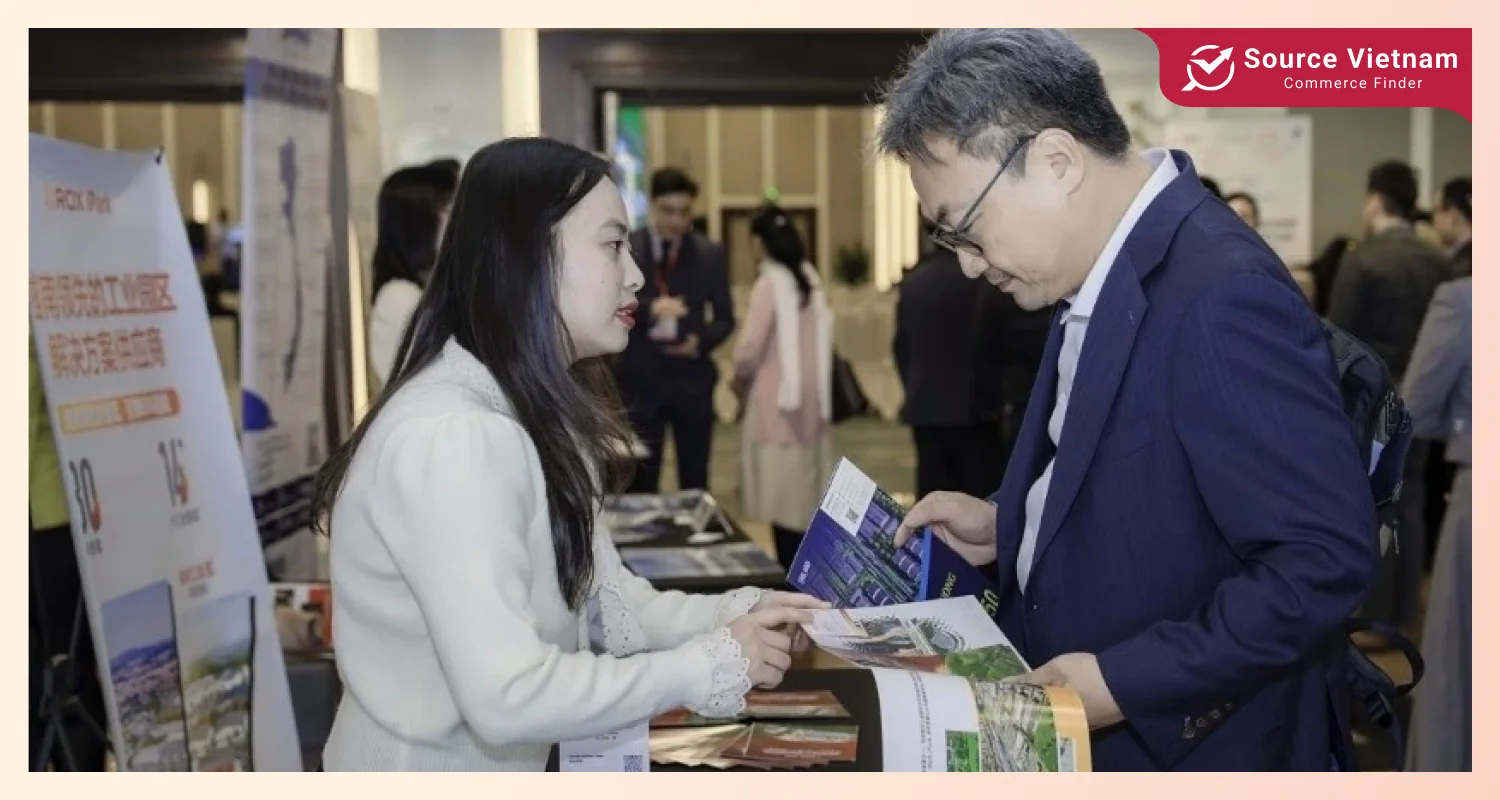
Zhu expressed interest in working with Vietnam. He wants to share the Bay Area’s reform experiences. Many businesses in the region are eager to invest in Vietnam. They seek long-term partnerships. These will support Vietnam’s economic growth. Zhu highlighted Vietnam’s efforts to simplify its government processes. He sees this as a chance to collaborate.
One key idea is the “two countries, two industrial parks” model. This focuses on industries like electronics, display technology, and automotive parts. Zhu believes this model suits both sides. It can strengthen supply chains and boost trade.
Vietnam’s development goals
Tâm explained Vietnam’s growth strategy. It relies on traditional drivers like trade and manufacturing. But it also includes new drivers. These are science, technology, and innovation. Vietnam aims to modernize its economy. It wants to compete globally. Tâm said the Greater Bay Area’s proposals align with these goals.
He praised the “two countries, two industrial parks” idea. It’s a practical step. Tâm is confident it will work. He believes it will lead to real results soon. This model could open more doors for cooperation. It will connect Vietnam and the Greater Bay Area further.
Why this matters
The Greater Bay Area is a powerhouse. Its 11% share of China’s GDP shows its strength. It’s home to advanced industries and global companies. For Vietnam, partnering with this region is a big opportunity. It can boost trade, attract investment, and bring new technology. Vietnamese products, like durians, already do well in China. Stronger ties could increase exports even more.
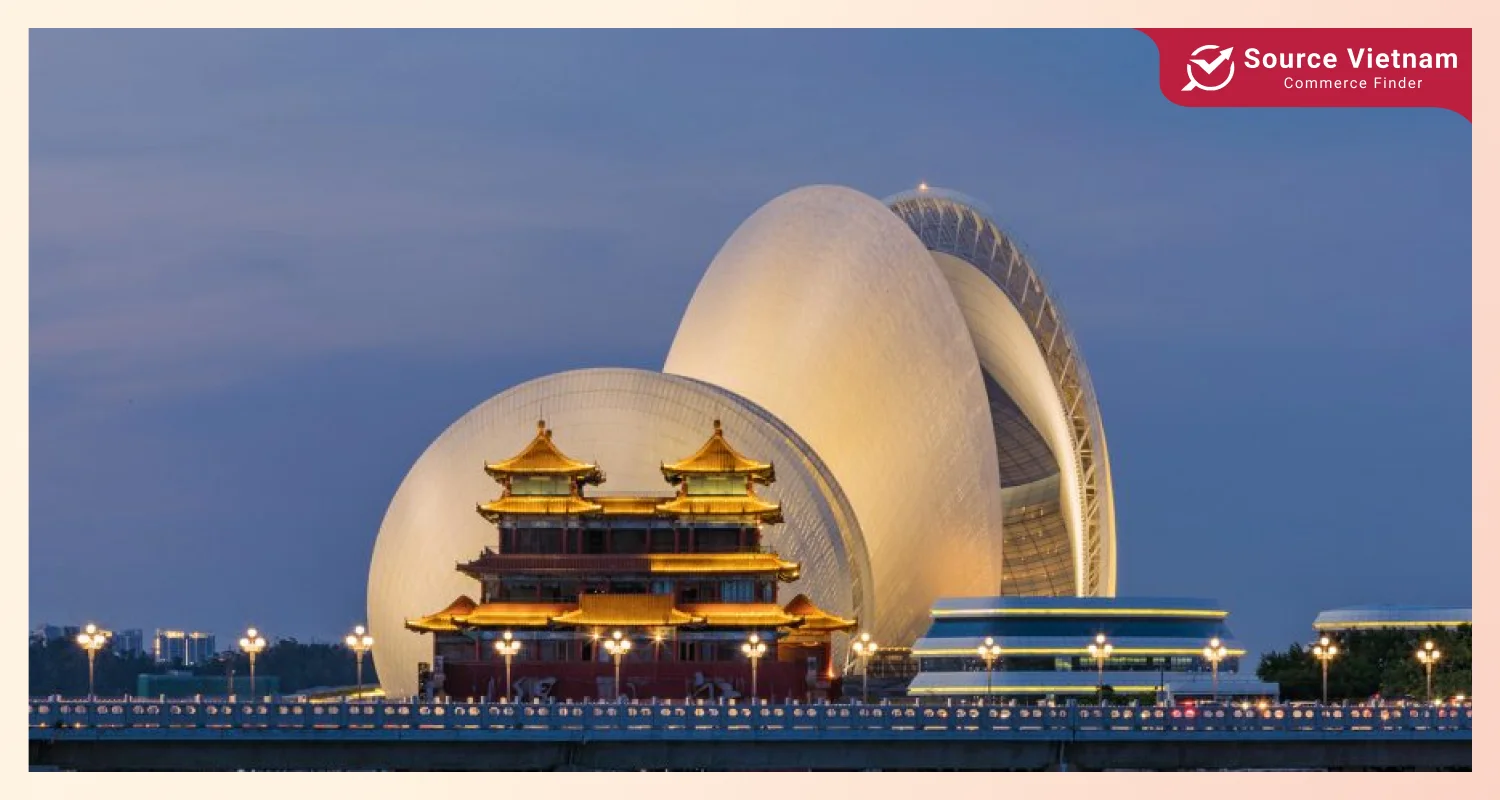
Guangdong’s cities have long worked with Vietnam. Their twinning with Vietnamese provinces builds trust. This makes cooperation easier. Joint industrial parks could create jobs and growth. They would also strengthen supply chains. For example, electronics and automotive parts could be made together. This would benefit both economies.
Vietnam’s focus on Fourth Industrial Revolution technologies is key. Areas like digital technology and clean energy are the future. The Greater Bay Area excels in these fields. By working together, Vietnam can learn and grow. Railways and infrastructure projects could also improve trade. They would make it easier to move goods between the two regions.
Looking ahead
The April 28 meeting was a step forward. Both sides showed commitment. Tâm and Zhu agreed on shared goals. They want to turn ideas into action. The “two countries, two industrial parks” model is a priority. It could start soon. This would mark a new phase in Vietnam-Greater Bay Area ties.
Vietnam’s government supports this partnership. It sees the Greater Bay Area as a key ally. The focus on technology and innovation fits Vietnam’s plans. Tâm’s confidence in quick results is promising. Businesses in both regions are ready to invest. They want sustainable growth.
The Greater Bay Area’s role in China’s economy is huge. Its 11% GDP contribution shows its power. Vietnam can tap into this strength. By sharing experiences, both sides can grow. Vietnam’s administrative reforms make it easier to work together. This is the right time for new projects.
Conclusion
Vietnam and the Greater Bay Area are ready to grow together. Their April 28, 2025, meeting set the stage. Nguyễn Đức Tâm and Zhu Wei shared clear plans. They want stronger trade and investment. Joint industrial parks and technology are key focuses. The “two countries, two industrial parks” model is a big step. It suits Vietnam’s goals for science and innovation. With Guangdong’s strength and Vietnam’s potential, this partnership can thrive. Both sides are committed to quick, lasting results.

